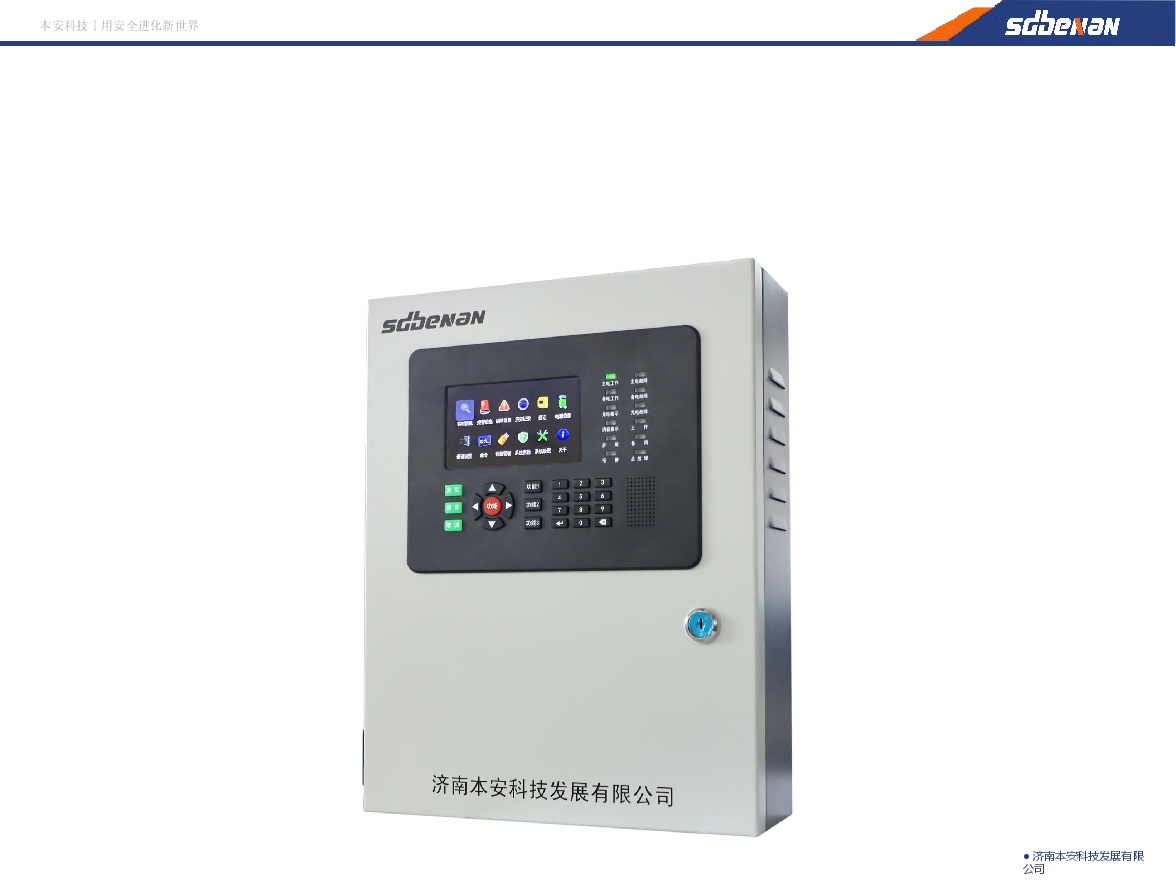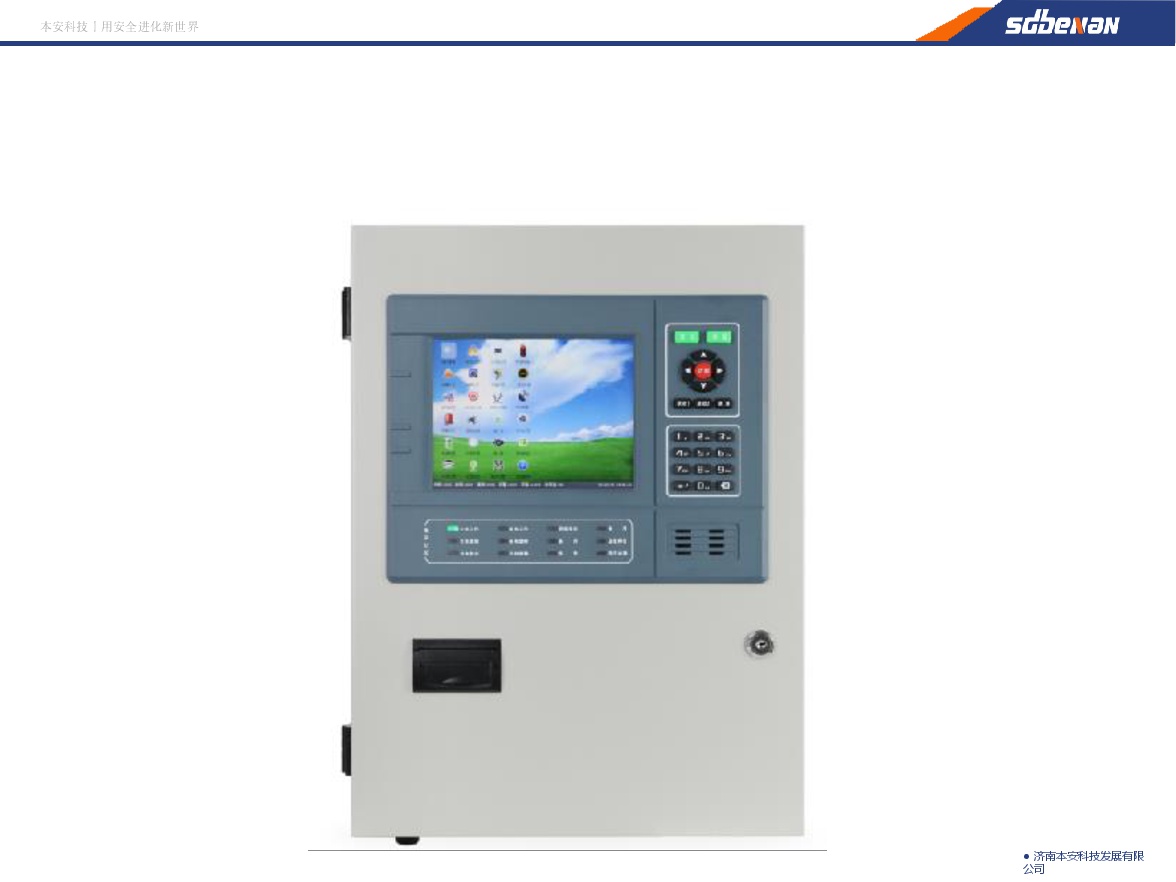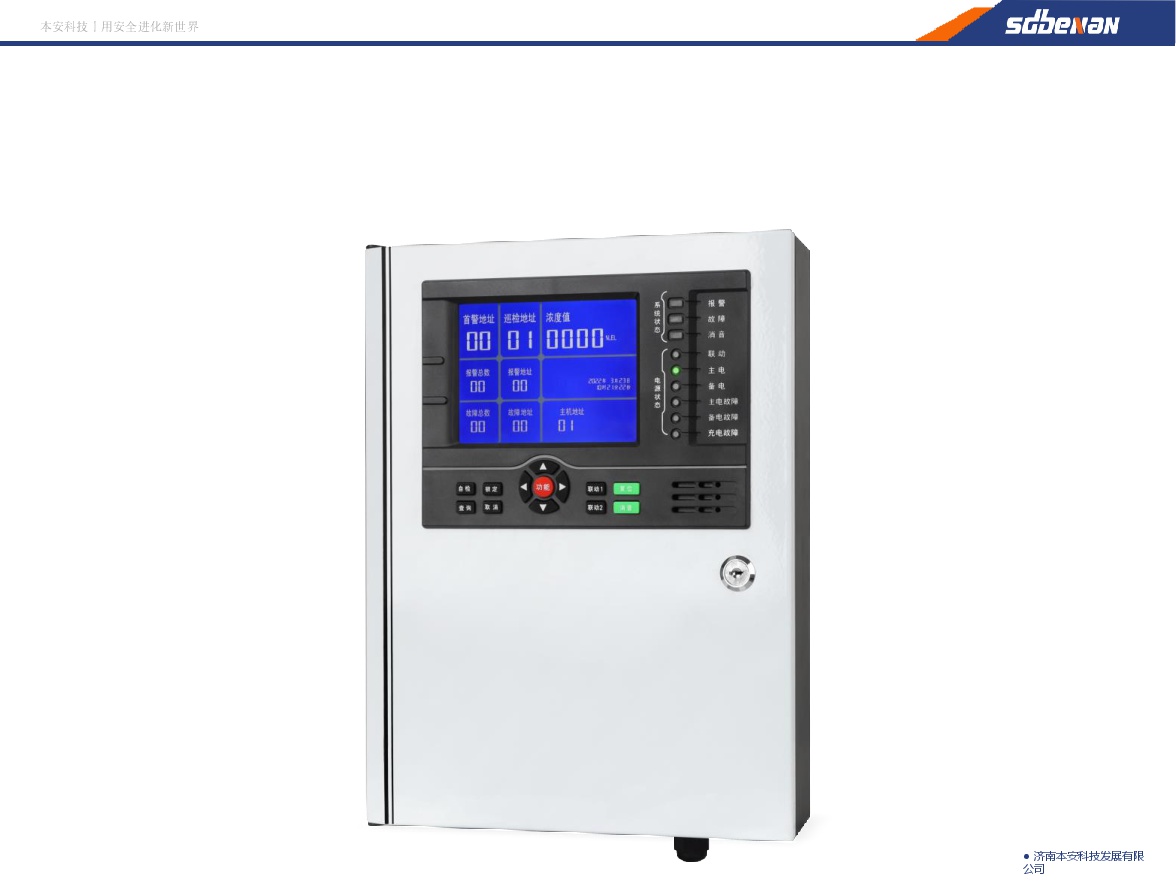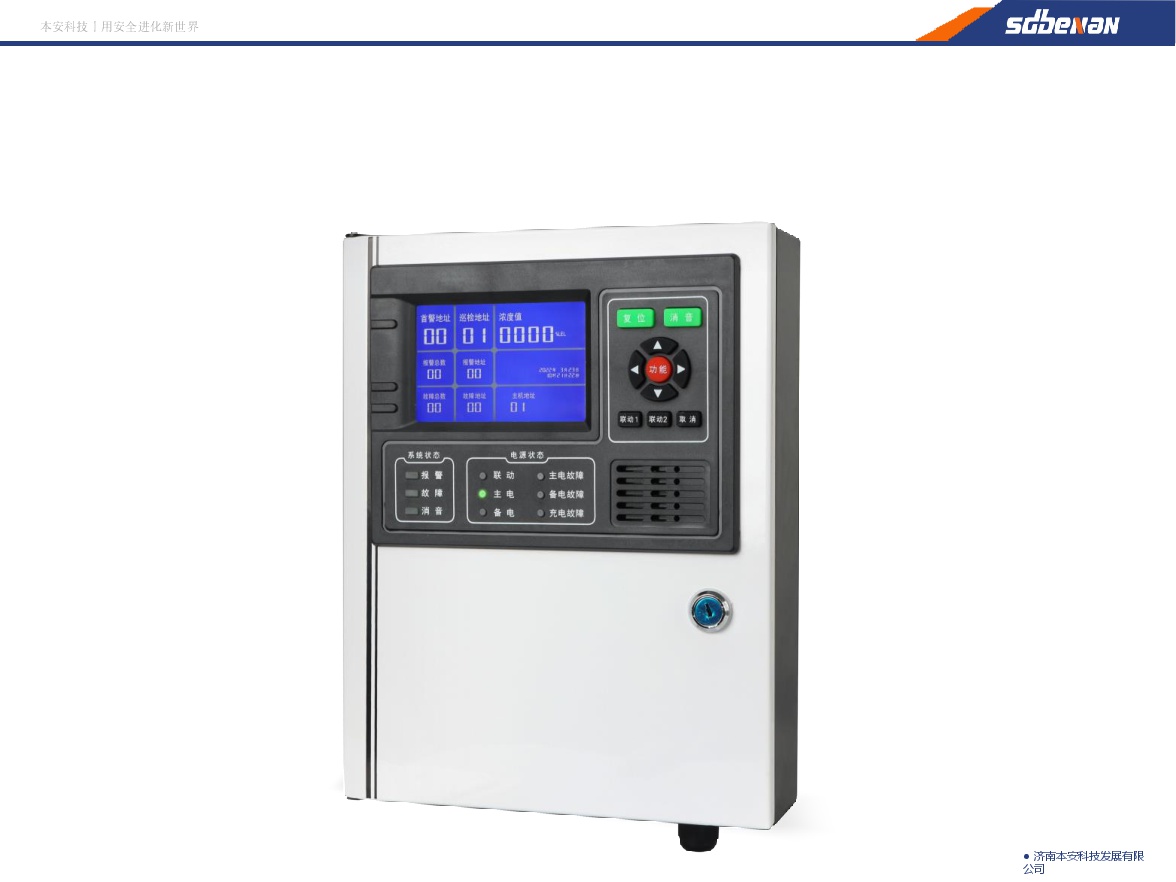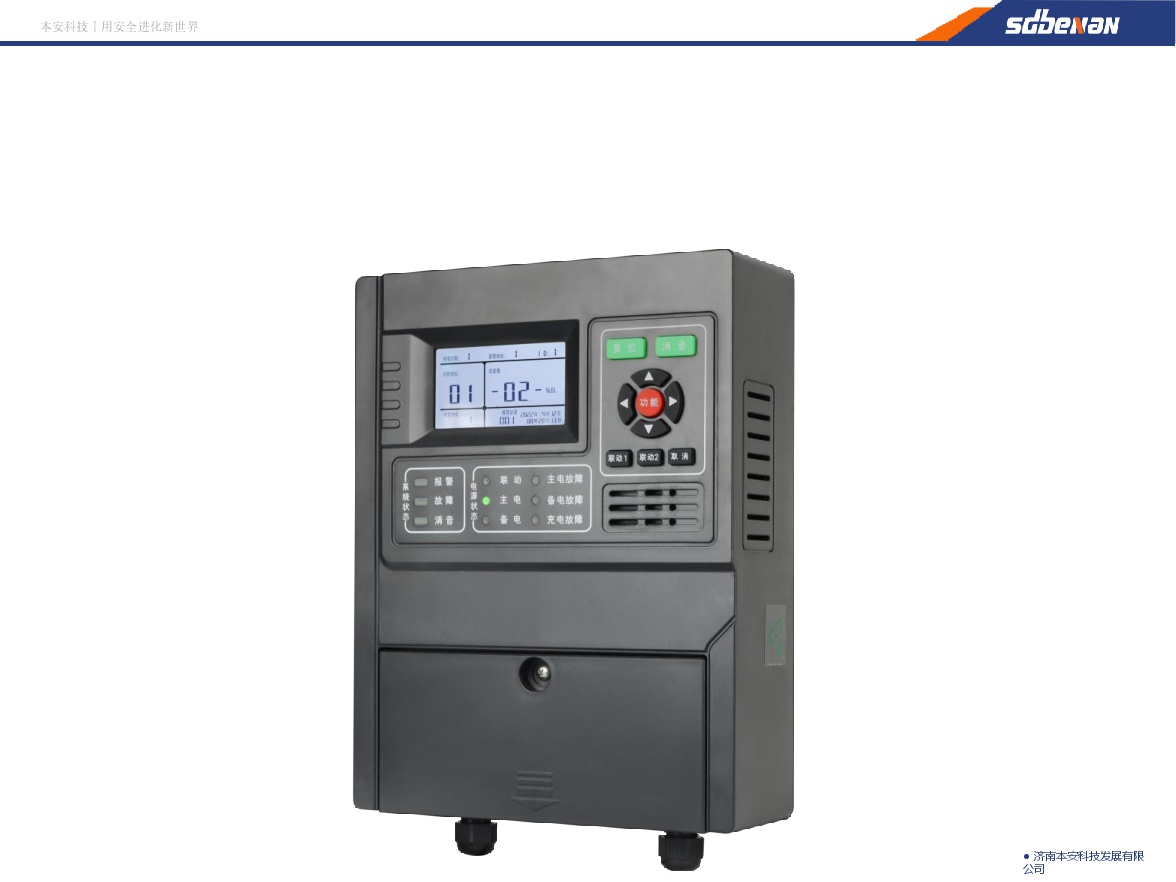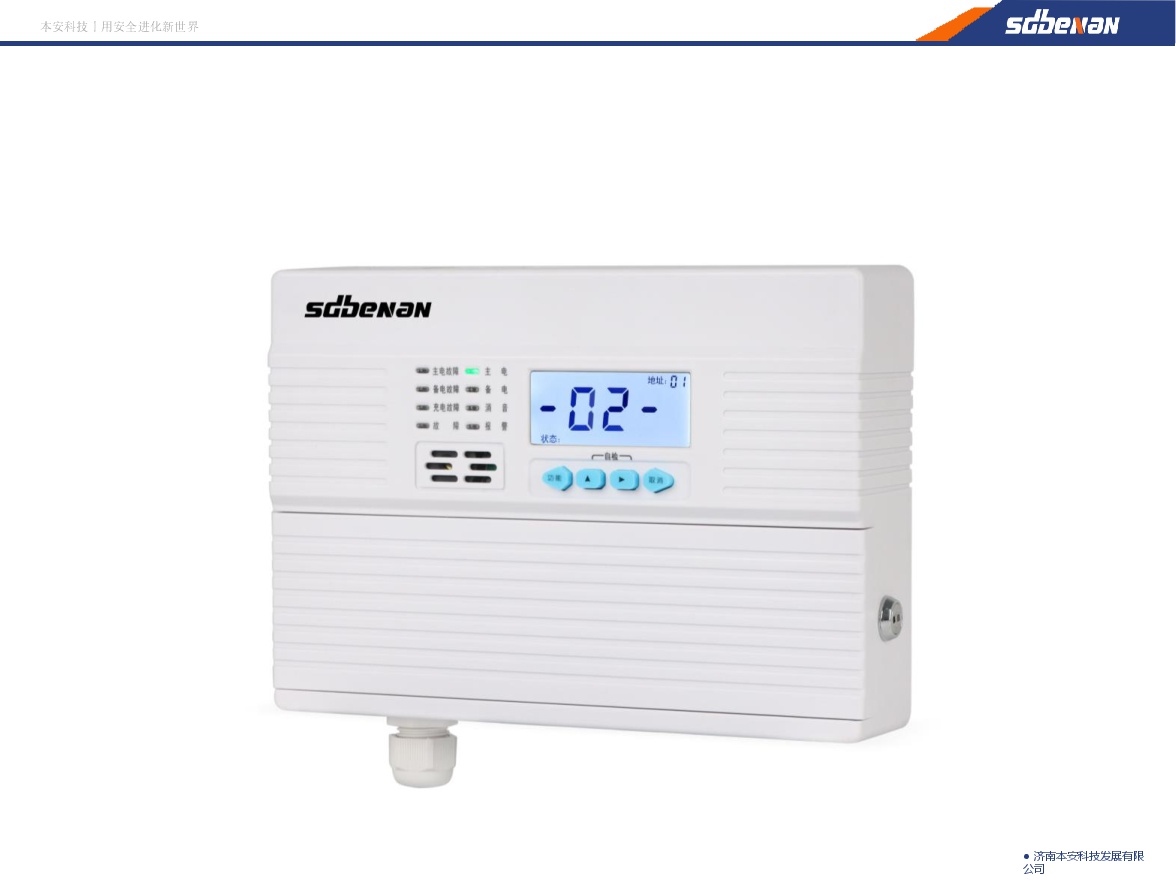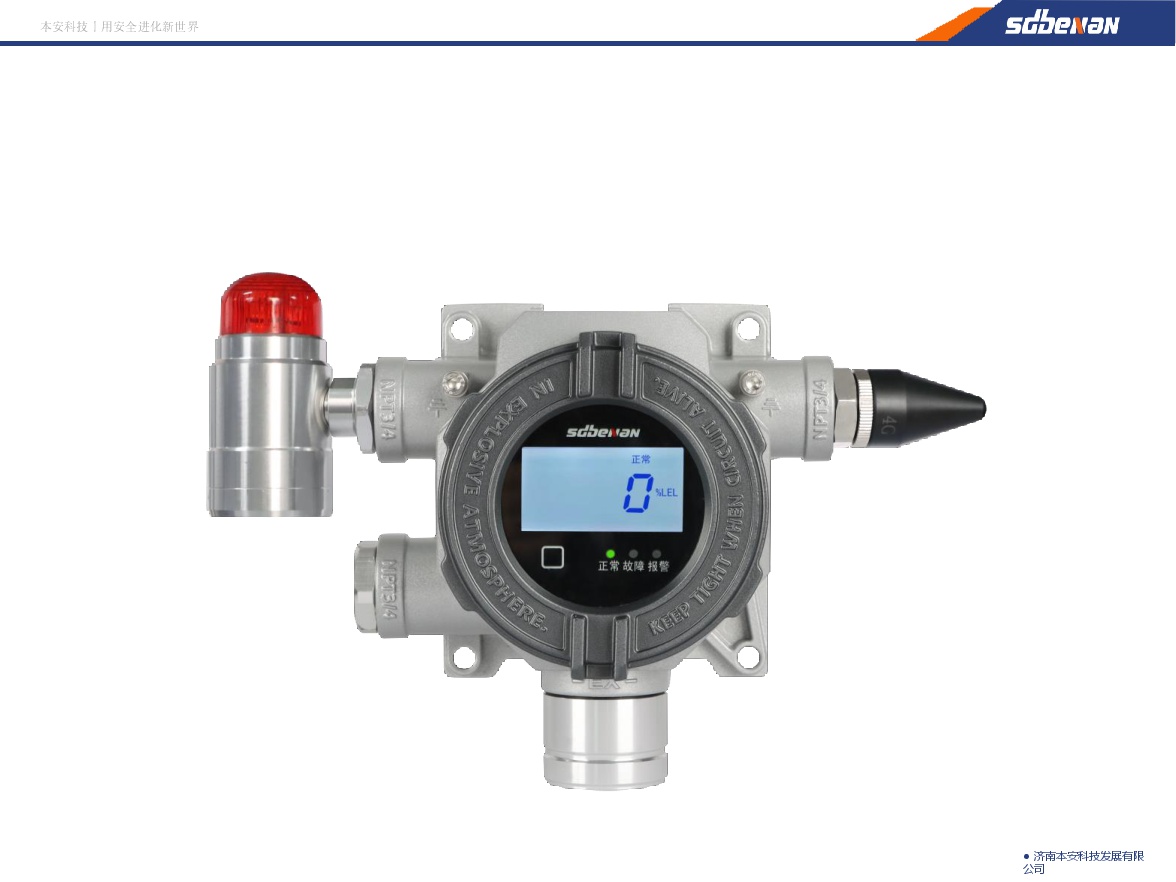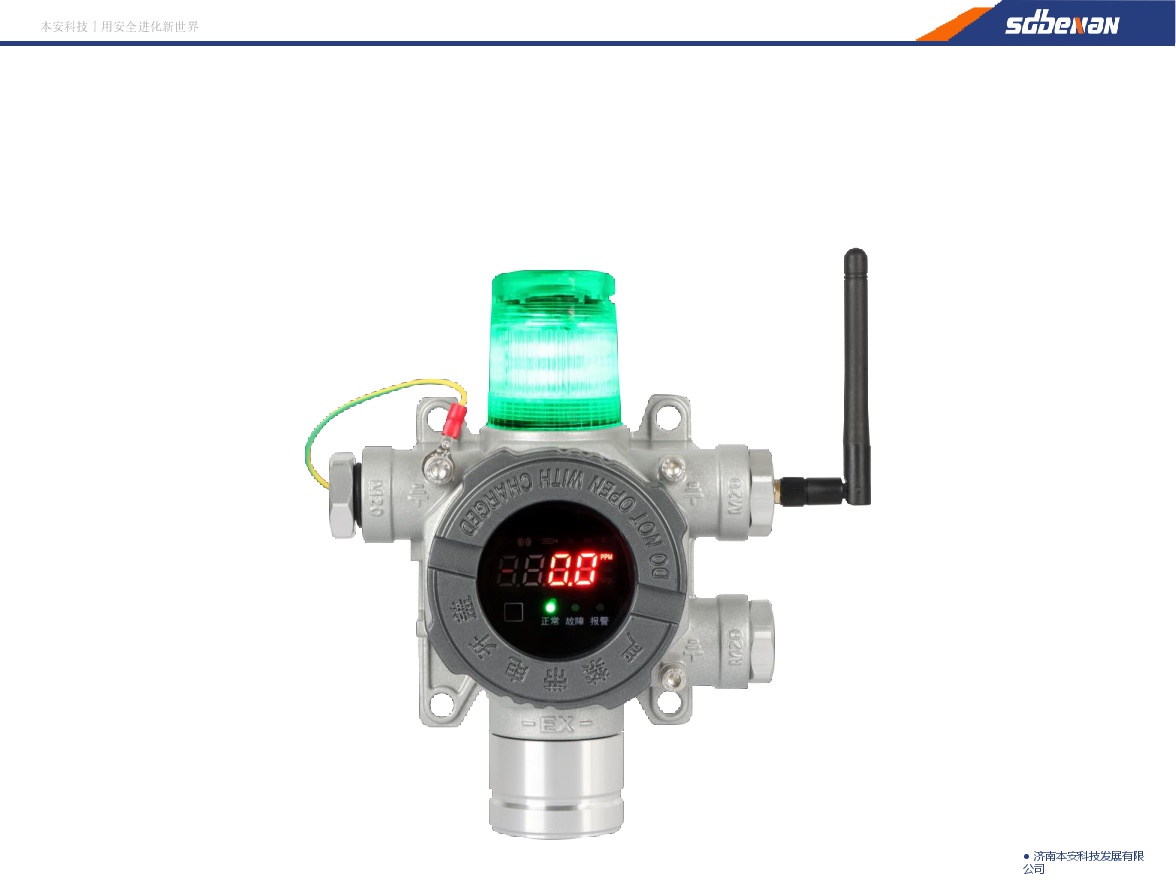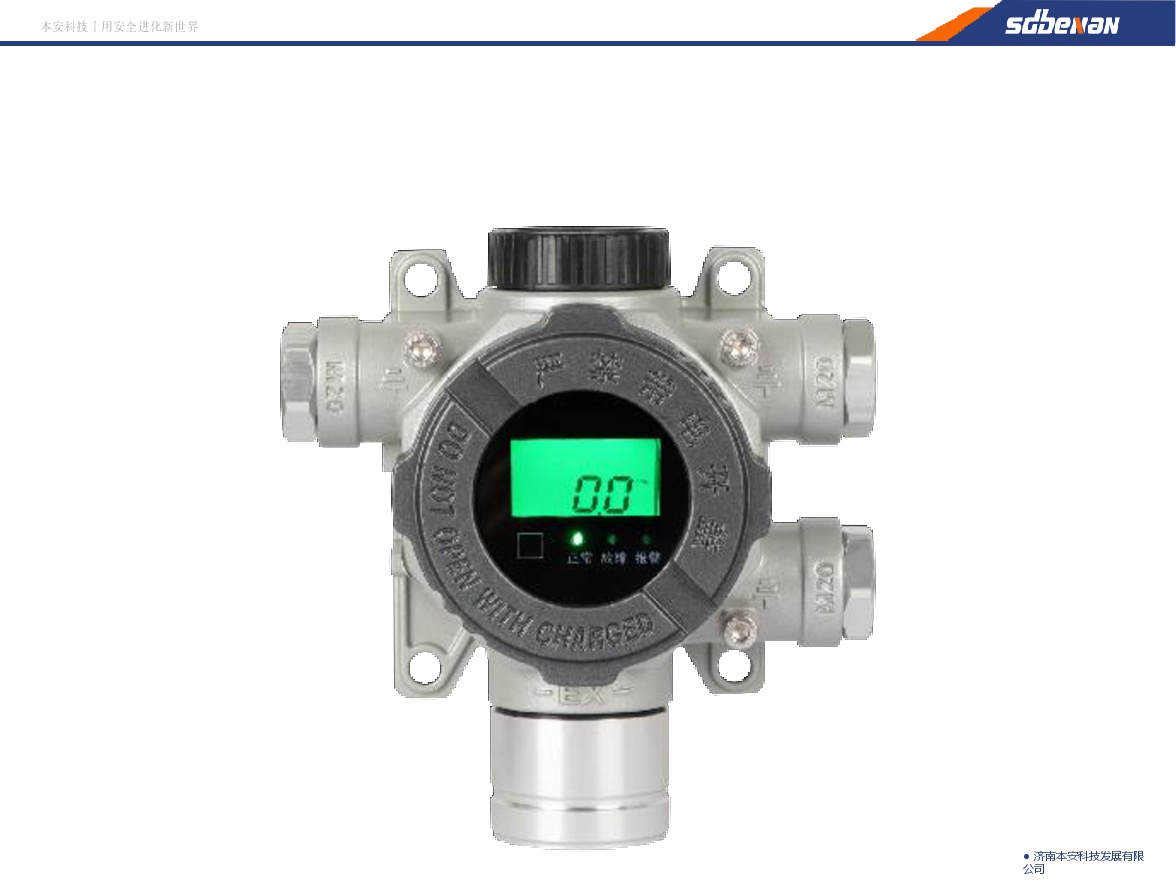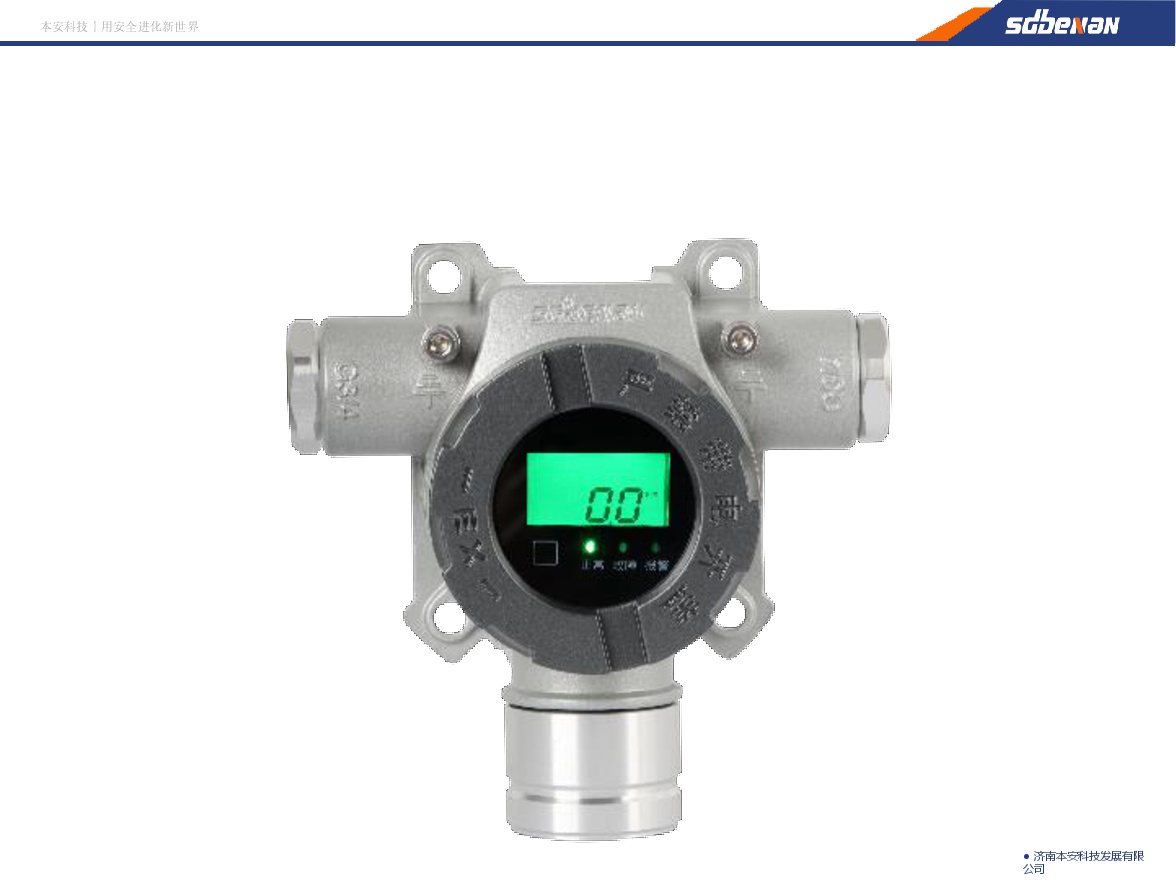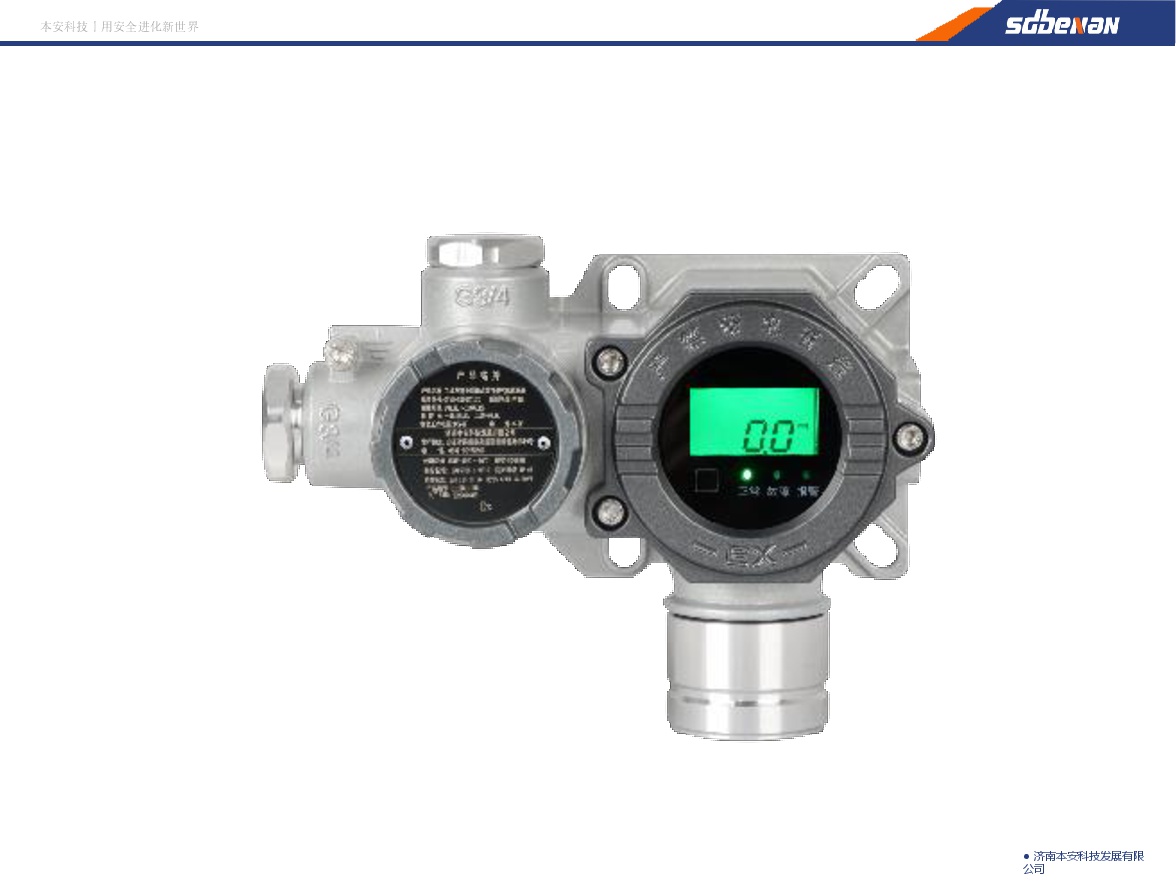Wedoany.com Report-Apr. 16, Egypt, which imports approximately 90% of its feedstuff, mainly corn and soybeans, to meet domestic feed market demands, is exploring innovative solutions to reduce reliance on imports. Dr. Mohsen Shukry, Rapporteur of the Animal Resources Research Council at the Academy of Scientific Research and Technology, spoke at a recent industry event, highlighting the potential to utilize 65 million tonnes of annual waste to address this gap.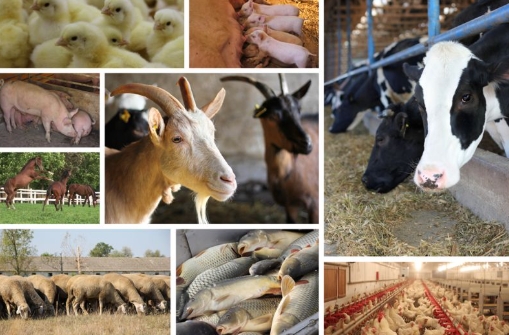
This waste comprises 50 million tonnes of agricultural byproducts and 15 million tonnes from food factories. “A part of this quantity could be processed for further use in feeding livestock, poultry, and fish,” Dr. Shukry stated, emphasizing the opportunity to repurpose waste into viable feed resources.
Dr. Mohamed El Shafei, a member of the Board of Directors of the Chamber of Food Industries, noted at the same event that Egyptian processors are evaluating ways to maximize fruit and vegetable recycling. “The measure could also lower the need for imported feedstuff,” he said, suggesting that such initiatives could enhance resource efficiency.
Egypt’s Vision 2030 national development plan includes a strategy to collect fruits and vegetables from retailers for processing into animal feed. However, significant efforts to establish processing facilities are yet to be implemented.
In late 2024, the Egyptian government announced plans to streamline the registration process for new feed products, potentially facilitating the introduction of alternative feedstuffs to local feed mills. This move aims to support the feed industry’s growth and adaptability.
Since early 2025, local feed industry leaders have expressed concerns about rising feed prices, driven by drought in Brazil, a key supplier to Egypt. To mitigate this, authorities are focusing on reviving domestic soybean production, which has dwindled from 62,000 hectares in 1983 to 14,000 hectares in 2021. The Agricultural Ministry projects an increase to 500,000 acres in the coming years, alongside efforts to improve soybean yields.
By leveraging waste recycling and boosting local soybean cultivation, Egypt aims to strengthen its feed industry, reduce import dependency, and enhance food security, aligning with long-term economic and agricultural goals.
